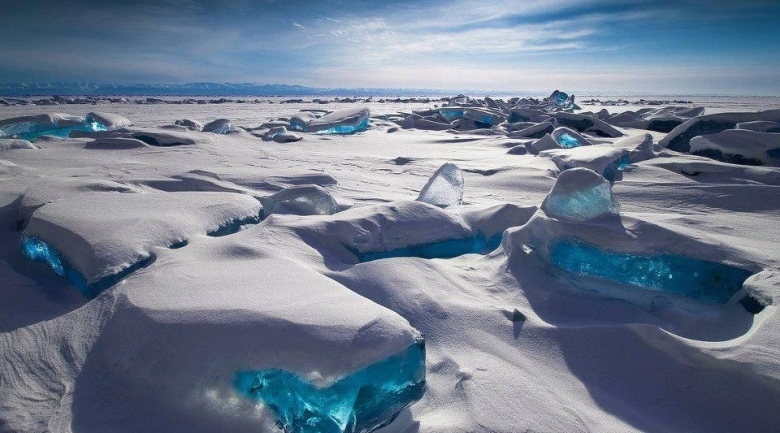
While climate change is usually associated with warming temperatures, new research indicates that the planet will experience heat waves as well as cold snaps in the coming years. About 97 percent of scientists, at this point, agree that the temperature of the planet is rising because of human-related activities such as the burning of fossil fuels and deforestation.
But until now, they didn’t know the degree of variability surrounding that increase, meaning the difference between hot and cold days from one year to the next. Prior studies focused on phenomenon like whether a particular region would experience overall warming. But lead author Evan Kodra from Northeastern University and his team took a different approach, instead honing in on variability.
As described in the journal Nature, the researchers discovered that while global temperature is indeed increasing, so too is the variability in temperature extremes. For instance, while each year’s average hottest and coldest temperatures will likely rise, those averages will also tend to fall within a wider range of potential high and low temperate extremes than are currently being observed. This means that even as overall temperatures rise, we may still continue to experience extreme cold snaps, Kodra said.
